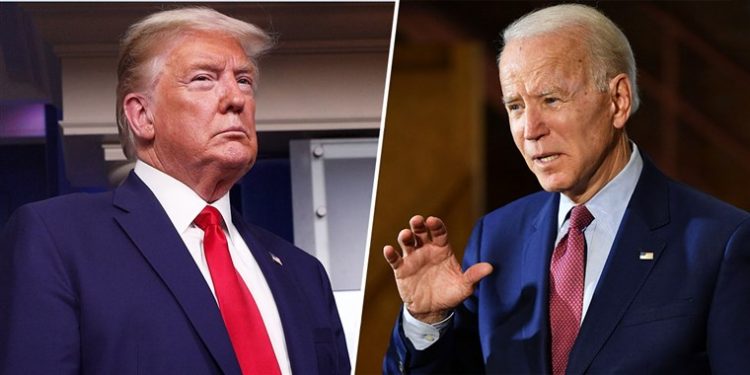Melvin Durai
The upcoming U.S. presidential election will decide who will lead the country for the next four years: 74-year-old Donald Trump, the incumbent president, or 77-year-old Joe Biden, the former vice president.
India, meanwhile, is being led by a relative youngster: Narendra Modi, who is only 70.
He’s a youngster compared to Biden and Trump, as well as some of his predecessors, including Dr. Manmohan Singh, who was prime minister until age 81, and Atal Behari Vajpayee, who served until age 77.
Much has been made in America about Biden’s and Trump’s ages, with Biden’s supporters and Trump’s supporters suggesting that the other candidate is showing signs of physical or mental decline.
Biden’s supporters contend that Trump’s motor skills are diminishing, and Trump’s supporters respond by saying, “Motor skills? He’s a president. Why does he need to know how to ride a motorcycle?”
Trump’s supporters, in turn, contend that Biden is losing it mentally. “In a crisis, will he be able to react fast enough?” they ask. “Will he be able to process information quickly and send out an instant tweet blaming someone else?”
If Biden is elected president, he will be 78 at his inauguration next January, becoming the oldest American president ever. But that doesn’t worry me in the least — and not just because Kamala Harris is ready to take over.
While it’s true that our health declines as we age, sometimes rapidly, many of us retain our mental faculties and can be extremely productive in our seventies, eighties and nineties.
History is full of examples of older achievers, people who didn’t let age keep them from doing great things.
Ronald Reagan, for example, served as president of America in his seventies and was so efficient and mentally alert, he often succeeded in dressing himself. Just as surprising to political observers, Reagan was extremely active and often jogged all the way from the front of the White House to the dining room. No shortcuts through the kitchen.
Yes, despite his advanced age, Reagan effectively handled the top job in America, partly because he never forgot vital information, such as the shortest route to the bathroom. In fact, his memory was so good, whenever he met an attractive
intern, he remembered he was married (unlike Bill Clinton). That’s the type of memory more people should have.
Then there’s the legendary astronaut John Glenn, who returned to space at age 77 — more than three decades after his first mission — and managed to return to Earth in one piece (two, if you count his dentures). He became the oldest person ever to travel into outer space, not to mention the baldest. I mean, boldest.
Many writers, of course, keep writing as long as their heart is beating. Some of them are truly inspirational. Sid Hartman kept writing thrice-weekly sports columns for a daily newspaper in Minnesota until his recent death at age 100. The word ‘retirement’ was not in his vocabulary. To be retired, you first have to be tired. And he was never tired.
India’s legendary Khushwant Singh was also productive until his death at age 99. According to his obituary in the New York Times, Singh “lived a disciplined, habitual life. In recent years he rose at 4 am, wrote in the mornings, rested in the afternoons and received visitors at 7 every evening, usually drinking two shots of whiskey.”
That’s a schedule I’d love to keep in my old age, but who am I kidding? My obituary will probably say this: “In recent years he went to bed at 4 am, slept in the mornings, wrote in the afternoons and received visitors at 7 every evening, usually taking two shots of insulin.”






































